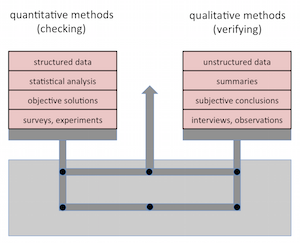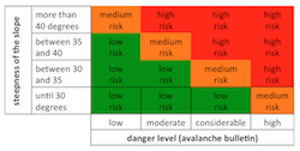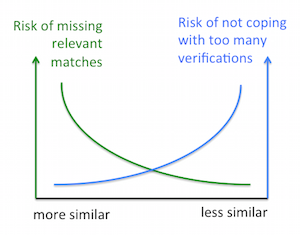Compliance
Compliance (regulatory compliance) means conforming to comply with relevant laws and regulations. Together with KYC Spider in Zug Eurospider has in-depth compliance know-how.
A common question concerns the frequency of checks of the customer base. Art. 9 (duty to report) of the Anti-Money Laundering Act (AMLA) is relevant to this question: a financial intermediary must immediately file a report with the Money Laundering Reporting Office Switzerland (MROS) as defined. It is evident that immediate reporting is difficult if the customer base is checked infrequently.
Qualitative methods produce information only on the particular cases studied, and any more general conclusions are just hypotheses. Quantitative methods aim at the systematic empirical investigation of observable phenomena. In compliance, quantitative methods are usually adopted to periodically check the customer base. The results are hypotheses for certain risks that can be verified by qualitative methods for the particular cases.
The Financial Action Task Force (FATF) recommendations and the Anti-Money Laundering Act (AMLA) require a risk-based approach. In the following, we discuss some basic aspects of risk-based approaches.
Compliance requires name matching: for instance, to match customers against sanctions and PEP lists. Unfortunately, the name of a single person can be spelled in many different ways. Hence, a decision has to be made whether matches of only very similar names should be verified,or matches of less similar names. In the former case, we may miss relevant matches and in the latter, we may get too many matches.
Complete Revision of the Federal Data Protection Act
Complete Revision of the Federal Data Protection Act: „As of 15th September 2017, draft and report for a completely revised Federal Data Protection Act is public. In a first step parliament and the people agreed to adaptations in order to be compliant with EU law. The second part of the revision is debated by the parliament since September 2019. Data Protection is to be increased by giving people more control over their private data as well as reinforcing transparency regarding the handling of confidential data.”
Links: datenrecht.ch







